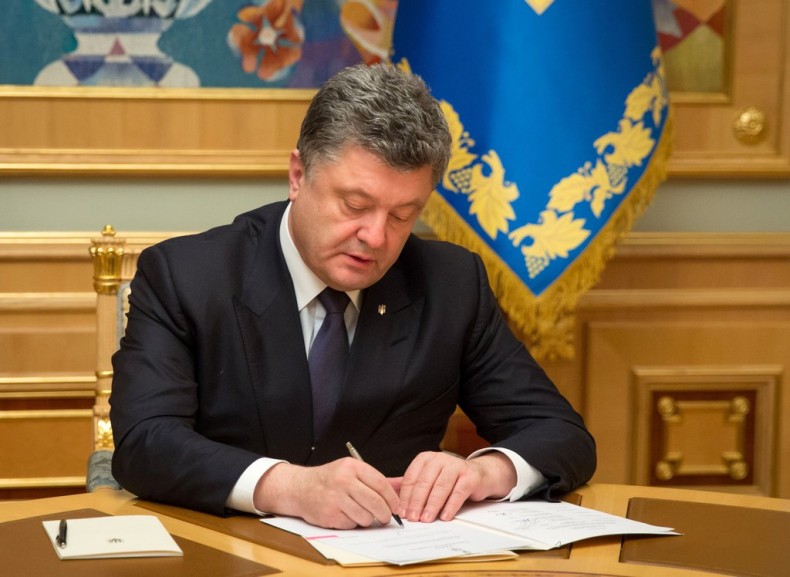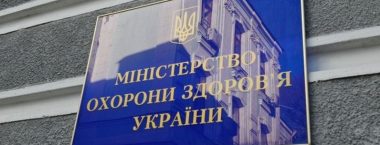
Action Plan for Implementing the Strategy for the Deoccupation and Reintegration of Crimea. What has changed?
On April 4, 2023, the Cabinet of Ministers of Ukraine (CMU) approved Order No. 288-r,...
03 May 2023
06.10.2016
Oleh Martynenko, the head of Ukrainian Helsinki Human Rights Union’s Analytical Department, about the concept of Ukraine’s security and defense sector development.
Transitional justice that Ukraine needs today provides a separate area in the implementation of institutional reforms. The reforms would make impossible to repeat the tragedies of an armed conflict. Perhaps one of the most significant reforms is the reform of the sector of civilian security, which covers almost all police and military structures. In 2015 EU Advisory Mission for Civilian Security Sector Reform Ukraine (EUAM Ukraine) started its work for implementation of the civilian security sector reform in Ukraine. The mission stated that reforms of the security sector were not a synonym for the reform of defense. According to the European approach, the civilian security sector provides coordinated work of civilian security, law enforcement, judiciary and defense structures in the legal field. In March 2016, the President affirmed the Decree and approved the Concept for the Development of the Security and Defense Sector, which had to meet the European integration policy of the state.
What should the public expect from the development of the security and defense sector proposed by the state? Does the proposed Concept correlate with the civilian security sector reform?
As you can see from the text, the Concept involves creating conditions for a broad involvement of NGOs. However, it sees as the only two promising areas – the provision of services for the benefit of the peacekeeping tasks of the Armed Forces and the functioning of the network of non-governmental research institutions professionally dealing with the problems of security and defense.

This restriction looks quite weird from the point of view of the declaration to improve the system of democratic civilian control that is contained in the sections relating to the principles and main tasks of the security and defense sector.
The Concept also contains a separate chapter “The role and place of the society in the development of the security and defense sector”, which lists among the priorities:
At first glance, the range of measures that the state is obligated to perform for effective interaction with civil society seems wide enough. Thus, among the measures, we can find traditional public consultations, public hearings and examinations, expansion of information exchange, creation of conditions to attract NGOs to the military-patriotic education and so on. However, the public has been implementing for a long time without the necessity to attach these measures to the Concept.
Another range contains very specific actions, but not the most effective forms of public participation in the civilian security sector reform:
As you can see, the concept created by national military experts has a clear military focus and is very far from the principles of European policy in the field of civil security sector reform. For experts of the non-governmental sector this means an opportunity to fulfill their potential to reform within the approved Concept, and so the need to develop a new document in which the safety of the civilian population will be the leading element in the interaction of power structures of the state.
Oleh Martynenko, the head of UHHRU Analytical Department
Photo by the Ministry of Defense of Ukraine, www.mil.gov.ua
Background photo – Petro Poroshenko visits a military unit in the Divychky village, Kyiv region, the Administration of the President of Ukraine, www.president.gov.ua/
If you find an error on our site, please select the incorrect text and press ctrl-enter.

On April 4, 2023, the Cabinet of Ministers of Ukraine (CMU) approved Order No. 288-r,...
03 May 2023

MoH order from 22.04.2019 No 933, registered in the Ministry of Justice of Ukraine on...
10 June 2019

This briefing paper was prepared by Ukrainian Helsinki Human Rights Union (UHHRU) and International Partnership...
24 January 2019

We would like to offer you the Digest of the Ukrainian Helsinki Human Rights Union,...
28 December 2018